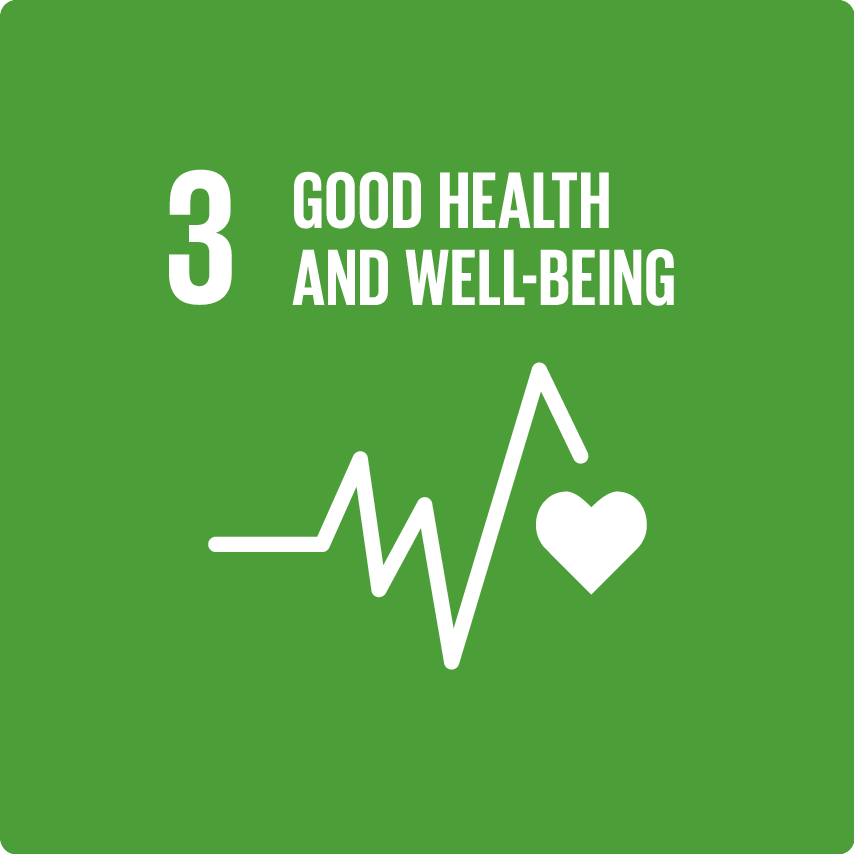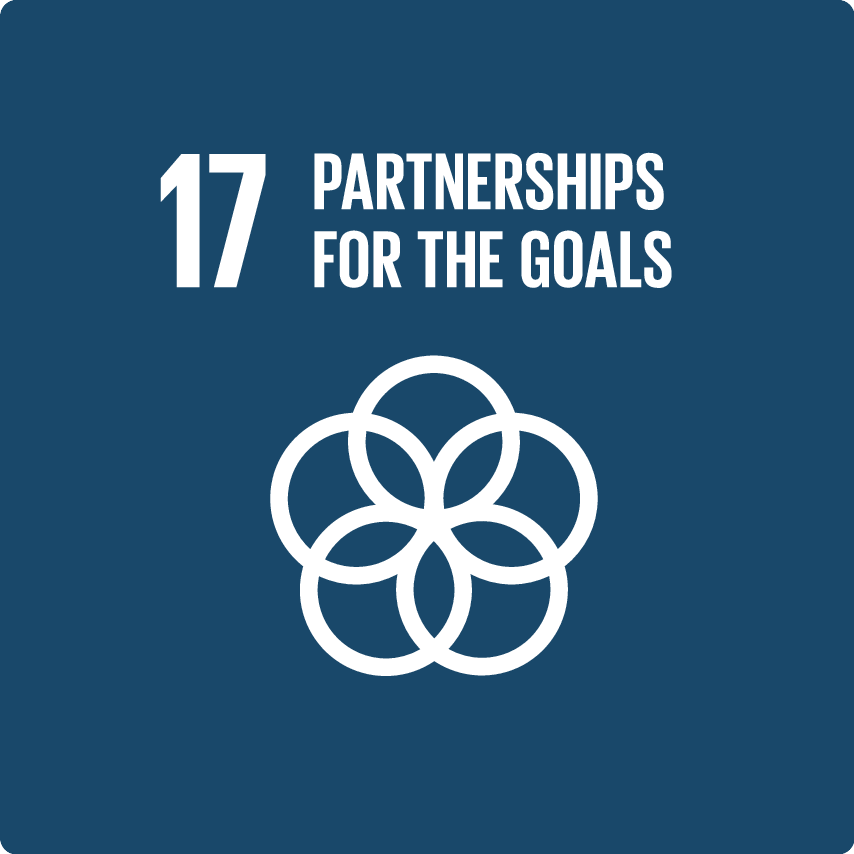AMR register (previously known as AMR Open Surveillance Data)
AMR Register provides information from the biopharmaceutical industry's antimicrobial resistance (AMR) surveillance programs to inform national and international policy on AMR developments.
SEE ALL PARTNER ORGANIZATIONS
Objectives
- Identify resistant pathogen outbreaks and recognize new resistance. mechanisms as they emerge.
- Analyze data over time to detect trends in multi-drug resistance.
- Provide trustworthy global and regional in vitro susceptibility data.
- Inform national and international policy and antibiotic stewardship.
- Allow for the prediction of future resistance trends.
Antimicrobial resistance (AMR) is a growing threat to global health. Currently, at least 700,000 people die each year from drug-resistant infections, a figure that the United Nations predicts will rise to 10 million by 2050.
The AMR crisis requires big data to fully comprehend its trends and patterns of resistance. The biopharmaceutical industry routinely collects surveillance data to monitor clinical susceptibility to marketed products or meet regulatory approval requirements for new products.
Over 100 biopharmaceutical companies and trade associations signed The Davos Declaration on Antibiotic Resistance in 2016. They later released the Industry Roadmap for Progress on Combating Antimicrobial Resistance ahead of the United Nations General Assembly (UNGA) High-Level Meeting on Antimicrobial Resistance, pledging to share surveillance data and make it available to public health bodies and healthcare professionals.
AMR Register fulfills this pledge by collecting published data from industry-sponsored human antimicrobial surveillance programs to generate a global platform for sharing AMR surveillance data. The project fosters international collaboration and develops a shared and sustainable framework for using datasets with the active participation of leading biopharmaceutical organizations. This project allows biopharmaceutical organizations to securely share their data with researchers, national governments, and multi-lateral organizations such as the United Nations, CDC, and the World Health Organization (WHO).
Results and milestones
- On 21 June 2022, leading biopharmaceutical companies joined Vivli for the AMR Register launch.
- Between 2004 and 2020, the AMR Register has received data sets from seven companies, totaling 925,000 bacterial isolates collected in more than 80 countries.
- The pilot website launched during the ESCMID/ASM Congress in 2018: amr.theodi.org
Geographic Reach
- Global Commitment
Disease Area
- Infectious and Parasitic Disease
Partner organizations
Paratek
Vanatorx
Vivli
Geographic Reach
Global Commitment
Disease Area
Infectious and Parasitic Disease
- Drug-Resistant Infections (AMR)

